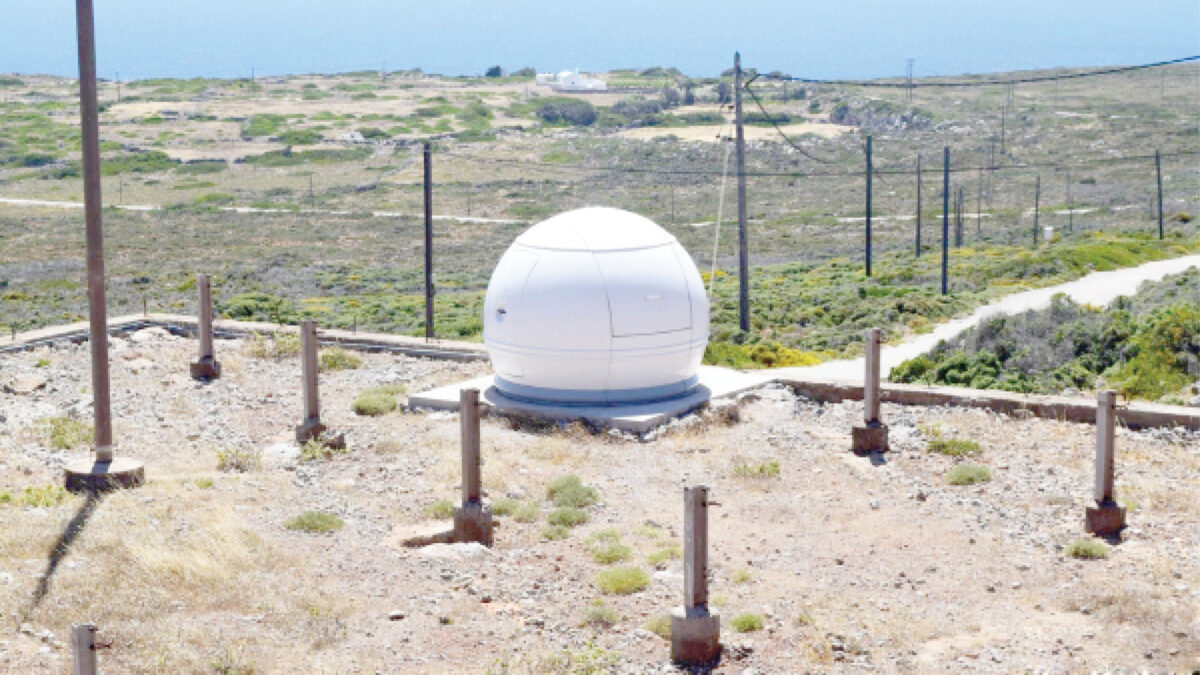There are so many things on the table awaiting the newly inaugurated administration. With insecurity topping the list, there is a great task of the realisation of viable and sustainable economic alternatives, developing a decisive healthcare structure and of course, battling an ever-evolving overwhelming climate reality. It is certain that the just-inaugurated administration will be challenged by many of what its predecessors fought. Addressing these issues of high public priority is an invaluable facet of the success of Bola Tinubu’s administration.
Unifying the country after a rigorously contested election is also another challenge that the incoming administration will have to face. The recently held elections have unveiled another dimension of disunity in this country. Unity is always an important asset in any country’s development and this is why it is a pillar upon which societies thrive.
Environmental challenges have dreaded many plans to succeed in Nigeria, because they are largely multi-faceted. The year 2022 brought an unprecedented climate crisis in Nigeria and around the world. Floods have devastated communities in southern parts of the country and many communities in the North were displaced. The inherent consequences of climate-related problems in our country are truly worrisome.
Over 12,000 farmlands across about 14 local government areas were completely destroyed in Kano State due to heavy and torrential rainfalls, according to the Kano State Emergency Management Agency (SEMA). In addition, a number of families were forcefully displaced.
Experts launch panel to counter misinformation on climate change
Board tasks stakeholders on implementation of intl disease classification, e-health records
In Jigawa State also, many homes were destroyed by heavy rains and floods. Many families had to be dispersed across schools which served as relief camps for the displaced. Some innocent lives were lost after being buried by buildings following heavy rainfall. A substantial number of farmlands were said to have been destroyed too.
Both the federal and state governments rushed to cushion the effects by sharing palliatives to affected communities. Philanthropists also played an important role in supporting the victims affected. This challenge intensified living conditions for average Nigerians in these parts of the country as prices of commodities were hiked and the cost of living rose significantly.
Now after a year, we are back at it again. The Nigerian Meteorological Agency (NIMET) has started highlighting forecasts of what we would expect during this year’s rainy season and indicators are absolutely frightening; heavy rains and thunderstorms are the pointers. And because the foresight comes as a warning signal, many families along these areas are already baffled with unimaginable thoughts, picturing last year’s experiences.
Apart from heavy floods, the inconsistency of rainfall in the Northern part of the country is also another climate wrinkle. The inconsistency of rainfall if not managed with the right agricultural methodologies will only worsen access to food supplies.
Policies of the just concluded government in terms of border closure and later ban on the importation of products like foreign rice has hit hard a large percentage of Nigeria’s population. Majority of average Nigerians have for long relied on these foreign food supplies for survival. Even with the supposed increase in agricultural activities as the alternative induced by the Buhari administration then, the prices are unbearable.
With the cutting down of trees in the North, heat is now persistent. The excruciating effect has been felt by people unlike heat seasons before. By now, many are starting to realise the importance of planting trees and the ills of cutting them down. Federal and state government initiatives at this stage must prioritize the replanting of new and resilient breeds of trees in places set for infrastructural activities.
Health problems are also being exacerbated as climate change continues to unravel. Continuous pollution has consistently exposed Nigerians to various health hazards. Gigantic pyramids of waste in cities have polluted healthy air.
In areas where the waste pyramids are later burnt down, people are forced to breathe in harmful substances that have long-lasting effects. More so, manufacturing companies in, for instance, Kano, have been hit with several allegations of releasing harmful substances after their production processes.
According to Wasteaid 2021, with no access to waste management services, one in three people worldwide have no choice but to dump or burn their waste. Open waste burning is a significant emitter of black carbon, CO2 and carbon monoxide and other harmful toxins. This explains the risks attached to indiscriminate waste generation and management.
The findings are vindicated by the United Nations Environment Programme (UNEP) 2021 in a study which identified that Nigeria produces more than three million tons of waste annually and only 20 to 30 per cent is collected and disposed of. Uncontrolled waste burning contributes to deteriorating air quality in urban centres.
UNEP, in its recent publication, also states that in Nigeria, sachets have become increasingly widespread, especially in fast-growing cities like Lagos. Research shows about 50 million to 60 million used water sachets are thrown into the streets daily. When you picture the whole of Nigeria in terms of this indiscriminate act, you know a bigger problem lies ahead unless necessary measures are employed. There is also e-waste that have found dwelling places in Nigerian cities.
The federal government is currently overwhelmed with subsidy removal, dollar instability and making appointments. At state/local levels, some governments are busy investigating the ills of just concluded administrations while others are trying to get a hold of the affairs of the states. Unfortunately, all these aren’t going to slow down the speed of climate-induced consequences.
Nigeria is blessed with enormous human resources capable of producing excellent ideas to combat some of these issues. As part of the government’s obligation to serve, it must consider accepting solutions from communities and creative youths as well as start-ups. Many ideas can be supported with considerable investment to support the fight against climate-induced calamities.
Nusaiba is a freelance writer and resides in Kano [email protected]

 Join Daily Trust WhatsApp Community For Quick Access To News and Happenings Around You.
Join Daily Trust WhatsApp Community For Quick Access To News and Happenings Around You.


